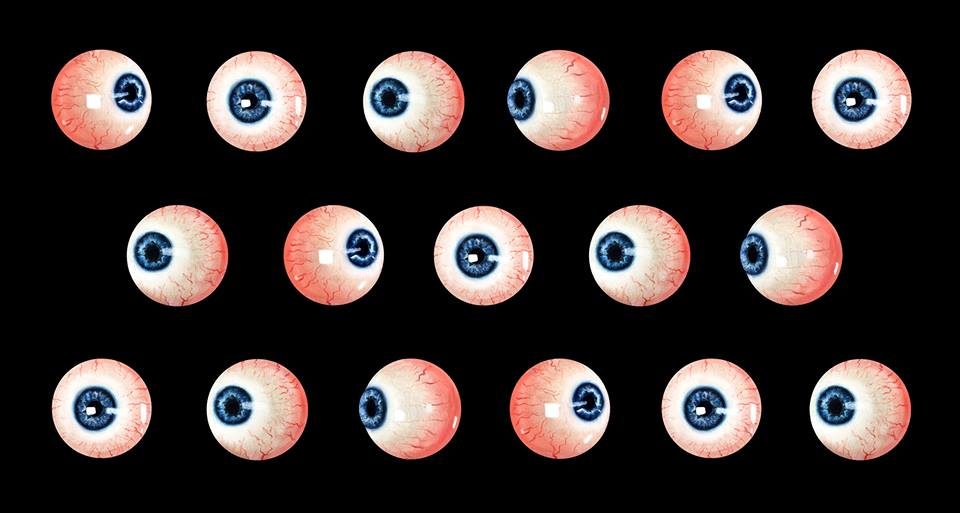Equality focuses on equal opportunity and the same treatment for all but this does not consider disadvantages some may have, and as a result require more help to achieve the same outcome.
Equity on the other hand is focused on equality of outcomes, taking in to account the diverse starting points for those involved so that everyone can have success.
An example of this is the fence metaphor, three boys want to look over a fence, they are different heights and for all to see over the fence, some need more boxes to stand on than others. Education offers examples for both; public schools are equal opportunity, however for equity there are many such as Kohanga Reo, special needs schools and Charter schools.

As it stands, New Zealand’s system for deciding school funding is based on the decile system. “3 per cent of total school funding to schools is based on the socio-economic status of the areas where students live” (Collins, 2019). Since 1995, the decile system has been in place to try and offer a fair distribution of funds to schools. However, there have been no real considerations for what students in schools actually face, and what can be done to truly give all students a fighting chance for success.
During one of my placements, I was working at a decile three school. Of course this means the school is receiving funding from the government, however, this amount pays mostly for supplies that students cannot afford themselves, such paint and paper etc.
This funding is presumably meant to create equity, giving students the same opportunities for a good education, but something that is causing the biggest disadvantage to many low decile schools is the physical spaces. At this particular school, the art block had been infested with possums living in the ceilings. As a result, the possums urinate through the ceilings and onto students work. Having this happen in any school is devastating, even more so that this is a regular occurrence, and is now normalised at this particular school. When thinking of equity, this situation in unimaginable in a high decile school, further establishing the point that inequality is a very real issue.

Similarly, funding does not directly support specific students who are disadvantaged. In any decile school, particularly low decile, students struggle with travel to and from school, sometimes stopping them from attending at all. When considering distribution of funding, challenges like this should be put into consideration.
Ministry of Education is underway to address some of these issues by introducing “Equity index” as a replacement for the decile system. By using specific information on the students such as the “age of the mother at birth; any criminal history of the father; the ethnicity of the child; the parents’ income over the previous five years” and more. (Cooke, 2019), the government intends to have a better understanding of the needs of the students.
When debating government funding, equity needs to be addressed. As a society it is our responsibility to provide the best opportunity for success for all. This means some will need more help than others to succeed, but really isn’t that what its all about? If everyone reaches their best, our society will thrive and everyone will reap the rewards.
References:
Collins, S. (2019, September 24). School deciles to be scrapped from 2021-22; Education Minister Chris Hipkins unveils new ‘equity index’. Nzherald. Retrieved from https://www.nzherald.co.nz/nz/news/article.cfm?c_id=1&objectid=12270427
Cooke, H. (2019, September 24). School decile funding system will be scrapped by 2021 or 2022. Stuff. Retrieved from https://www.stuff.co.nz/national/politics/116049946/school-decile-funding-system-will-be-scrapped-by-2021-or-2022
Education in New Zealand. (2019, October 17). School deciles. Retrieved from https://www.education.govt.nz/school/funding-and-financials/resourcing/operational-funding/school-decile-ratings/.

Great blog Nina, you’ve highlighted some interesting points.
I think the fence metaphor you used was a great way of illustrating the difference between equity and equality. I think that while public schools provide equal opportunity (equality), the reality is that some students within the public schools require more help, more boxes to stand on than others. Equity suggests that some students within the school require more resources in order to achieve the same outcome. It’s an interesting truth, realising that while it may not be “fair” to everyone, the reality is that there are students who require more assistance and more financial support than others.
I learnt a lot being at a low decile school for my second practicum. It was interesting that
only about 40% of the students could afford to have their own laptops, yet often the assignments required them to do research. It seemed unfair that the “poorer” students were significantly disadvantaged in completing the work by not having access to their own computer. Additionally, the school couldn’t even afford to support the students with learning disabilities by providing them with teacher aids. These students were left to struggle as their needs far exceeded the capacity of the individual teacher to manage while supervising the rest of the class.
The decile system is used to promote equality through the funding of the school and the resources allocated, however is this system overlooking the individual financial struggles/needs of the students? I think that there are aspects of the New Zealand education system that are unfair. Students from low income families have limited access to resources and technology, causing a setback for their learning/education. Is this causing a significant setback for their future? Are they significantly disadvantaged in their academic achievement compared to the students from the higher decile schools who come from wealthier families? I believe so.
LikeLike